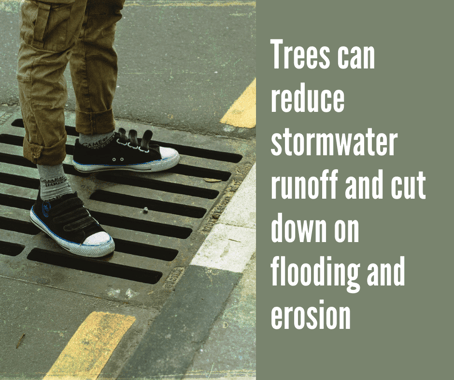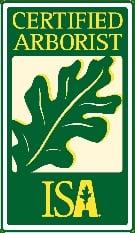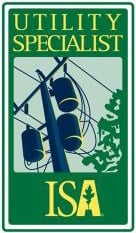We're no strangers to flooding here in the Concord, NC area. Maybe you've watched as rain waters rushed down the street. Maybe you've despaired as downpours turned your lawn into a muddy disaster.
Did you know trees are excellent at reducing the stormwater runoff that can lead to flooding and erosion? It's just another reason why we should plant more trees and keep the trees we already have in good shape.

The problem with stormwater runoff
Stormwater runoff is the rain that runs over the ground. In forest environments, rainwater can just sink into the soil to nourish plant life and replenish groundwater. But it has a hard time doing that in urban environments that are covered in asphalt and concrete.
Of course, there are stormwater management systems in place to help direct rainwater toward local streams, lakes, and rivers. But that movement paired with overloaded systems can lead to flooding and erosion, including the erosion of aquatic habitats.
And as that water is on the move, it picks up pollutants on paved surfaces, which can include sediment, bacteria, oil, trash, and pesticides. Those pollutants are then poured into our waterways, unfiltered.
Trees to the rescue
Trees can reduce stormwater runoff in a number of ways. Here are a few:
- As rain falls into soil, trees take up a lot of that water through their roots to use during photosynthesis.
- Tree roots make it easier for rain to get into the soil in the first place. All the raindrops have to do is follow the pathways the roots have already carved out.
- Tree trunks, branches, and leaves all absorb raindrops, so less rainfall reaches the ground when it passes through trees first.
But those aren't the only reasons why trees are an asset when it comes to stormwater management.
Trees can absorb tiny amounts of harmful chemicals from the soil and make them less harmful. They can use those transformed chemicals as nutrients or just store them in their roots, stems, or leaves.
Even fallen leaves have a part in reducing stormwater runoff. When leaves catch the rain first, the water has a chance to infiltrate the soil slowly instead of just flowing right over the ground.
But there's a catch
It's not enough to just plant trees and hope for the best. Trees planted in urban settings usually don't get as much nutrients as they would in the forest. Without those nutrients, the trees could face shortened life spans.
Other issues like soil compaction, inadequate spacing, and poor drainage can lead to stressed trees. And stressed trees are more vulnerable to pest and disease infestations.
Keeping your trees healthy and thriving is a vital part of using them as a stormwater management tool. That's where a plant health care expert can help.
We can evaluate your trees and determine what treatments could boost their health and overall life span. That could mean reducing insect populations, treating diseases, or just applying fertilizer.
Want to learn more about our plant health care services? Visit this page: I Have Tree Bugs! What's Wrong With My Trees?
Ready to talk to a pro? Request a consultation today!







